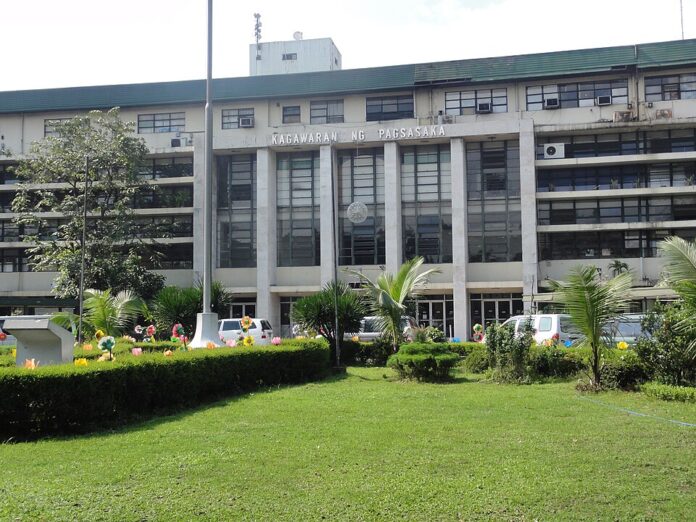The Department of Agriculture (DA), through its Bureau of Animal Industry (BAI) and the DA Regional Field Office for the Negros Island Region (DARFO-NIR), is coordinating with the Department of Health (DOH) after laboratory confirmation of human melioidosis cases in Siquijor.
Health officials had initially suspected glanders, but DOH tests confirmed Burkholderia pseudomallei infections.
Melioidosis is a rare but potentially fatal zoonotic disease found in tropical areas such as Southeast Asia.
The bacterium lives in soil and contaminated water and can infect humans through open wounds, inhalation or ingestion.
No vaccine is available yet, so prevention and early detection remain critical for both public health and livestock safety.
BAI and DARFO-NIR immediately deployed surveillance teams to affected barangays, launched disease control measures, and collected samples for confirmatory testing at a reference laboratory.
Monitoring efforts are ongoing to track the situation and prevent further spread.
Local veterinary and agriculture offices are also working to identify any additional cases among humans or animals.
The department urged animal raisers and handlers to step up farm biosecurity measures, enforce strict sanitation, and follow transport regulations to ensure only healthy, disease-free animals move between locations.
Slaughter, sale, and consumption of sick or suspect animals remain prohibited under existing food safety regulations.
Consumers are likewise reminded to buy meat bearing valid inspection certificates, observe proper food handling and cooking practices, and avoid raw or unpasteurized milk.
The DA reminded livestock workers, particularly those exposed to muddy or flooded environments, to wear protective clothing such as boots and gloves.
Any unusual signs of illness in animals should be reported immediately to local veterinary offices or the BAI Animal Disease Control Hotline at 0966-874-8891.









